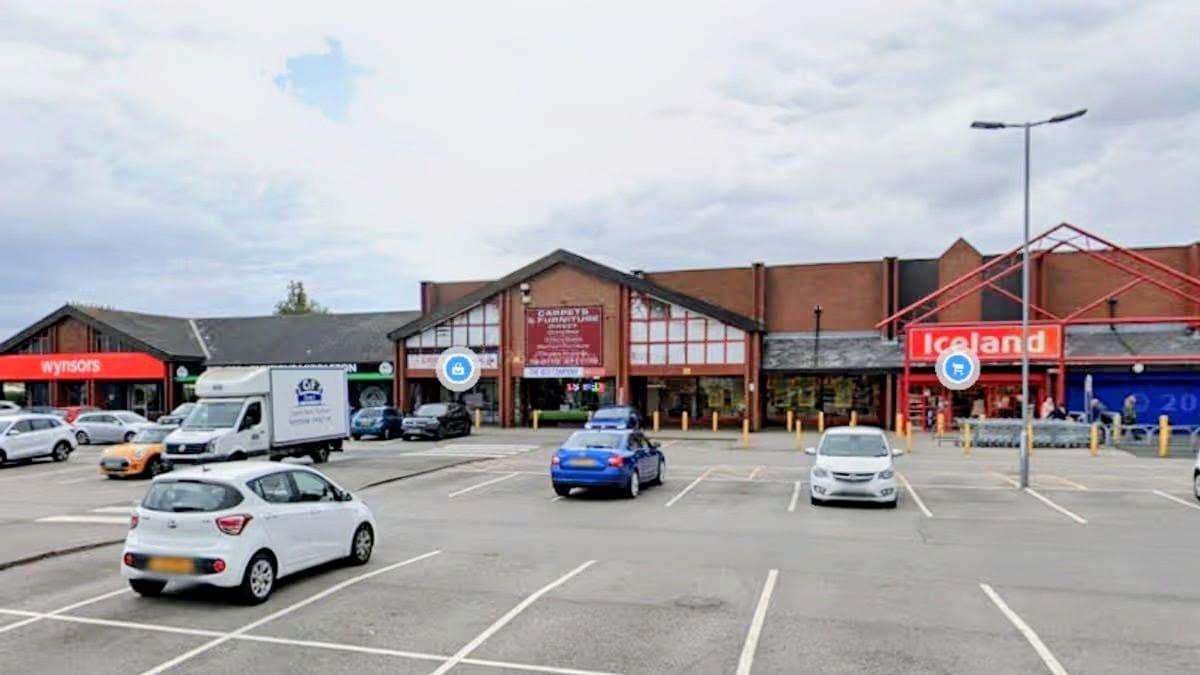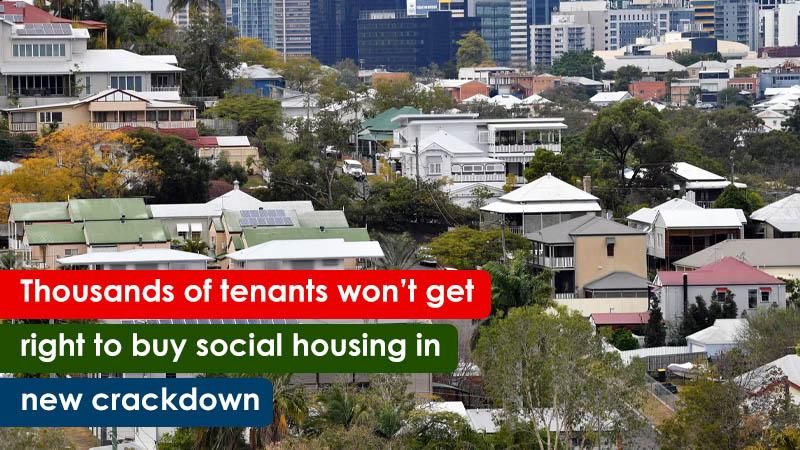Labour's rollback of the Right to Buy policy may prevent social housing tenants from purchasing their homes.
Angela Rayner claimed in an article that the previous government's plan to allow housing association residents to exercise their right to buy was "ill-advised and unworkable" since it would result in fewer affordable homes available in the nation.
Labour's review of the policy that enables social renters to become homeowners at a substantial discount to the market value of their council property was introduced on Wednesday by the Deputy Prime Minister and Housing Secretary.
Rayner said her life was transformed by social housing and being able to buy her home under Right to Buy. However the scheme in its current form means “we are losing more social homes than we can build, at huge cost to families, to taxpayers, and to communities”.
“This must change – and as someone who owes so much to the helping hand I got from council housing, I am determined to do it.”
She added: “And with new homes desperately needed, we have also taken the decision not to extend Right to Buy to housing associations – another ill-advised and unworkable reform promised by the last government.”
Housing associations, which provide “affordable” homes for around six million people in England, welcomed the decision because it will help prevent much-needed social homes being sold into private ownership.
While not all of those tenants would have been eligible to use Right to Buy, the decision is likely to reduce the number of people who can buy their housing association home. Although it is unclear how many people will be affected, it could mean thousands are blocked from homeownership.
The announcement does not affect the less generous Right to Acquire scheme, which gives people in certain circumstances a discount of up to £16,000 on the property price.
In 2022, former Conservative prime minister Boris Johnson announced his controversial intention to extend the Right to Buy to housing association tenants.
Pilot schemes were across the country, including in the West Midlands, but the policy was quietly shelved while Michael Gove was Housing Secretary because it was found that homes sold through the scheme could not be replaced.
Kate Henderson, chief executive of the National Housing Federation (NHF), the trade body for housing associations, said: “We strongly welcome the government’s decision to reform Right to Buy and the confirmation that the policy will not be extended to housing associations.”
She said pilots of the scheme “demonstrated that there was not enough money from the sales of these social homes to fund replacing them”
Extending the scheme, “would have caused a further loss of social homes, rather than tackling social housing waiting lists”.
As part of the Government’s consultation, Rayner has pledged to review Right to Buy for council tenants after local authorities warned it was causing them to lose vital housing stock needed for low-income households which are not replaced/
Under Right to Buy, people who have lived in their house for between three and five years can claim a 35 per cent discount on the market value of their property. After five years, the discount rises by 1 per cent for every year they have lived there.
For those who live in flats, the discount is 50 per cent between three and five years. It then rises by 2 per cent for every year of their tenancy after that. The maximum discount that can be claimed is 70 per cent.
i previously reported that discount would be reduced to a maximum rate of around 25 per cent and that the minimum qualifying period would be extended from three years of residence to around 10 years while exempting newly built social housing from the scheme altogether.
There are currently 1.3 million households on social housing waiting lists across England.
Margaret Thatcher introduced the Right to Buy in 1980. Her intention was to expand homeownership to less well-off households. Since then, more than two million homes have been sold through the scheme.
Recent research from the New Economics Foundation (NEF) has found that more than four in 10 council homes sold this way are now being rented out by private landlords. Wales scrapped Right to Buy in 2019.
Rayner said: “We are seeking views on eligibility criteria, protections for new build properties and rules around the replacement of the homes sold.”
Councils previously told i that ensuring newly built council homes cannot be sold into private ownership would not only help them house homeless families but also boost their finances via rental income.
In last month’s Budget, Chancellor Rachel Reeves pledged to reduce Right to Buy discounts for council tenants and announced that councils would be allowed to keep all of the receipts from the sale of council homes via Right to Buy moving forward.
Henderson said that while the NHF “supports people’s ambitions to own their own home, it must not come at the expense of our social housing which is a vital and increasingly scarce resource”.




.jpeg)



.svg)


